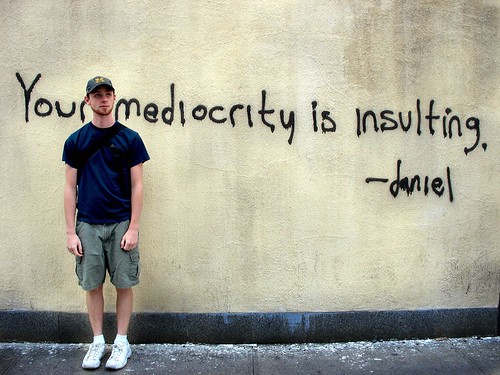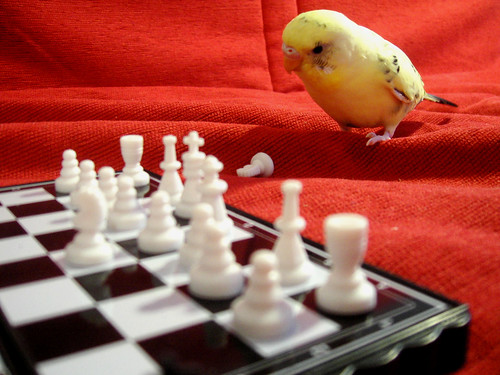The Limitations of FREE; Godin vs. Gladwell
For Anderson, YouTube illustrates the principle that Free removes the necessity of aesthetic judgment. (As he puts it, YouTube proves that “crap is in the eye of the beholder.”) But, in order to make money, YouTube has been obliged to pay for programs that aren’t crap. To recap: YouTube is a great example of Free, except that Free technology ends up not being Free because of the way consumers respond to Free, fatally compromising YouTube’s ability to make money around Free, and forcing it to retreat from the “abundance thinking” that lies at the heart of Free. Credit Suisse estimates that YouTube will lose close to half a billion dollars this year. If it were a bank, it would be eligible for TARP funds.
–Malcolm Gladwell, Priced to Sell
Gladwell’s must-read New Yorker review of Chris Anderson’s Free: The Future of a Radical Price nails its short-sighted, conference circuit talking point to the wall for anyone to see, so I was a bit surprised and disappointed when Seth Godin offered a rather weak defense of Anderson’s work, simply titled “Malcolm is wrong“.
I became a big fan of Godin’s after reading Tribes last year, and honestly, much of what I’ve been doing over the past 6+ months here on the blog, at work, and in my side pursuits was inspired by its underlying message of “be the change you want to see in the world.” Both in Tribes and on his blog, he tends to keep things simple without belaboring the obvious, but sometimes that simplicity can be a major flaw, as it is in his support of Anderson’s hyper-simplistic premise.
Ironically, he uses poetry as an example to prove his point, but ends up doing the exact opposite:
In a world of free, everyone can play.
This is huge. When there are thousands of people writing about something, many will be willing to do it for free (like poets) and some of them might even be really good (like some poets). There is no poetry shortage.
While it’s true there is no poetry shortage, quantitatively speaking, the “everyone can play” idea was the basic premise of the poetry slam which ultimately proved to be tragically flawed and a perfect case study for new media evangelists.






